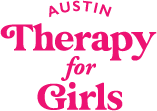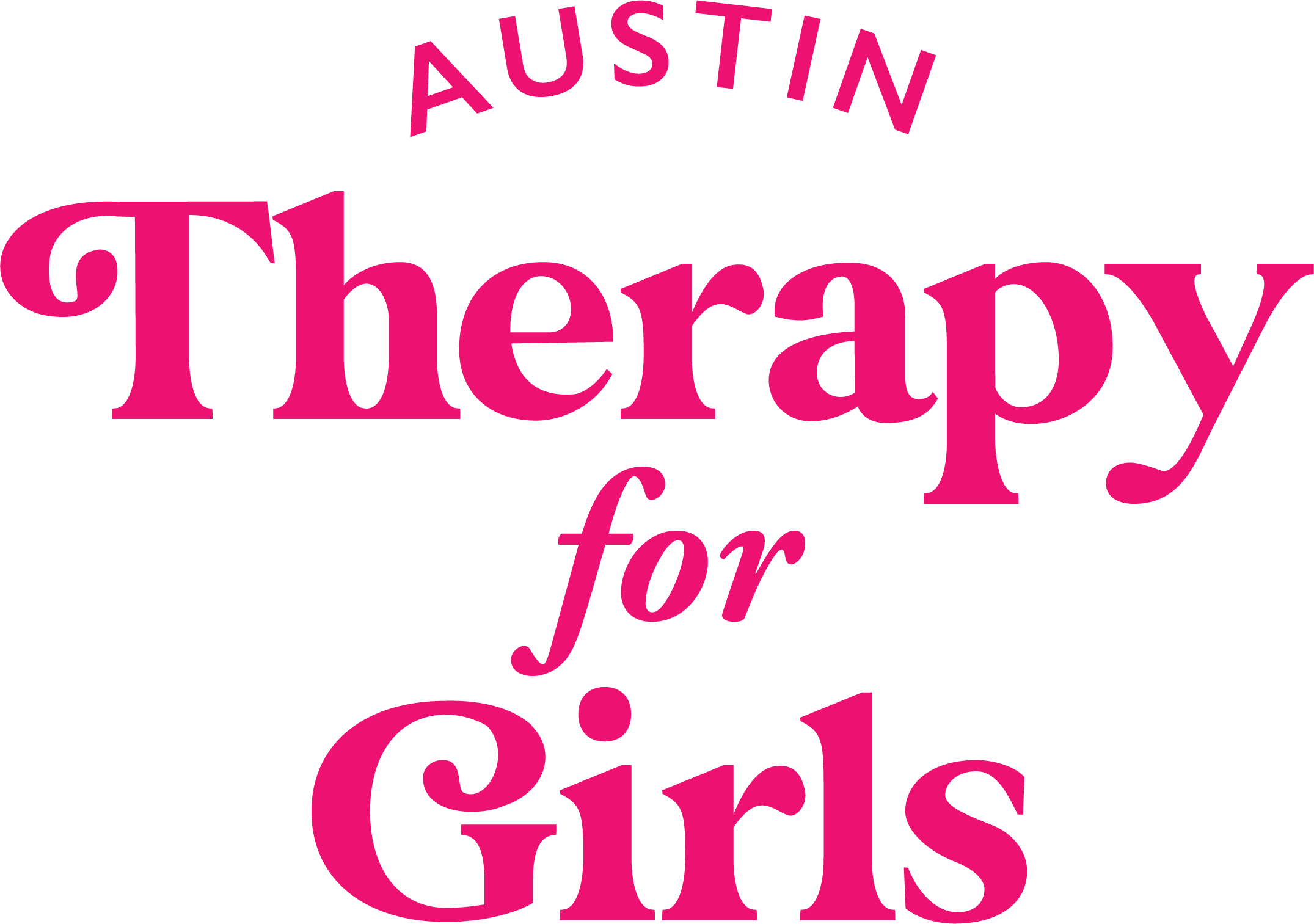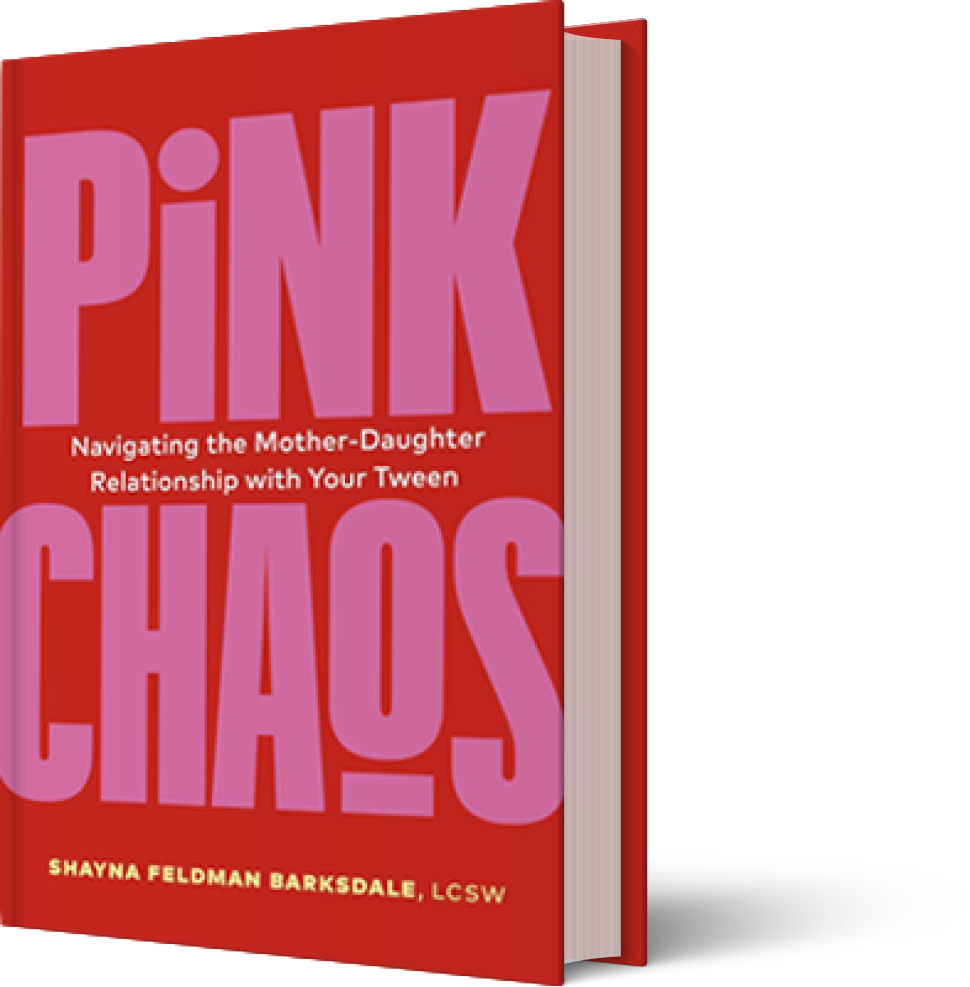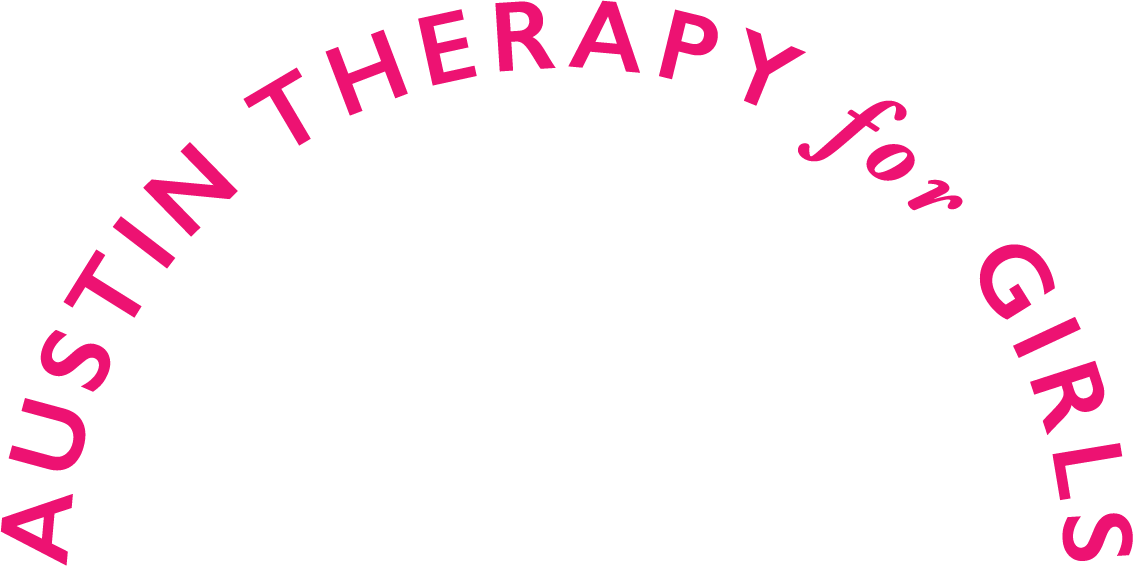Depression and Girls
Happy May!
May is Mental Health Awareness Month. Building awareness around mental health disorders is extremely important so that you can recognize when it is time to seek help from a mental health professional, whether it be for yourself, your child, your student, or another loved one in your life.
Depression is the most common mental health disorder in the United States among teens and adults. I especially want to focus on what depression looks like in girls because it is twice as common as depression in boys and often starts at an early age. Here are some things to look for as a parent/teacher:
- Irritability and angry mood will be more predominant instead of sadness. Teens report feeling sad and don’t know why, while outwardly they will often display anger and moodiness.
- Unexplained physical ailments tend to show up more so in girls. The most common complaints are headaches and stomachaches. You should look for frequent visits to nurse’s office etc.
- Girls with depression also have an increased risk for other mental health disorders such as substance abuse, eating disorders, and feelings of suicidality. One of the highest rates of suicide in adolescents is among Latina females.
For more information on depression and girls, check out this resource on our website: https://austintherapyforgirls.com/resources/depression-girls/
As a teacher or parent of a girl who may be suffering from depression, here are some things you can do:
- Children and adolescents are sponges, so be sure to role model healthy self-care and positive self-talk.
- Teachers are often the first to notice changes in children and adolescents, take time to email your child’s teacher and keep lines of communication open and positive.
- Recent research suggests that girls are more likely to cyber bully than boys, often through text. Make sure girls know when to turn off technology and how to deal with negative comments.
- Moodiness and irritability are a normal part of adolescence. However, if symptoms begin to affect your daughter/student’s social life, academics, or general functioning, please contact a licensed mental health professional and schedule an assessment. You may also consider contacting your student support counselor or social worker at your local school.
For a full list of symptoms to look for and actions to take, or for other resources please check out our website linked here: https://austintherapyforgirls.com/resources/







